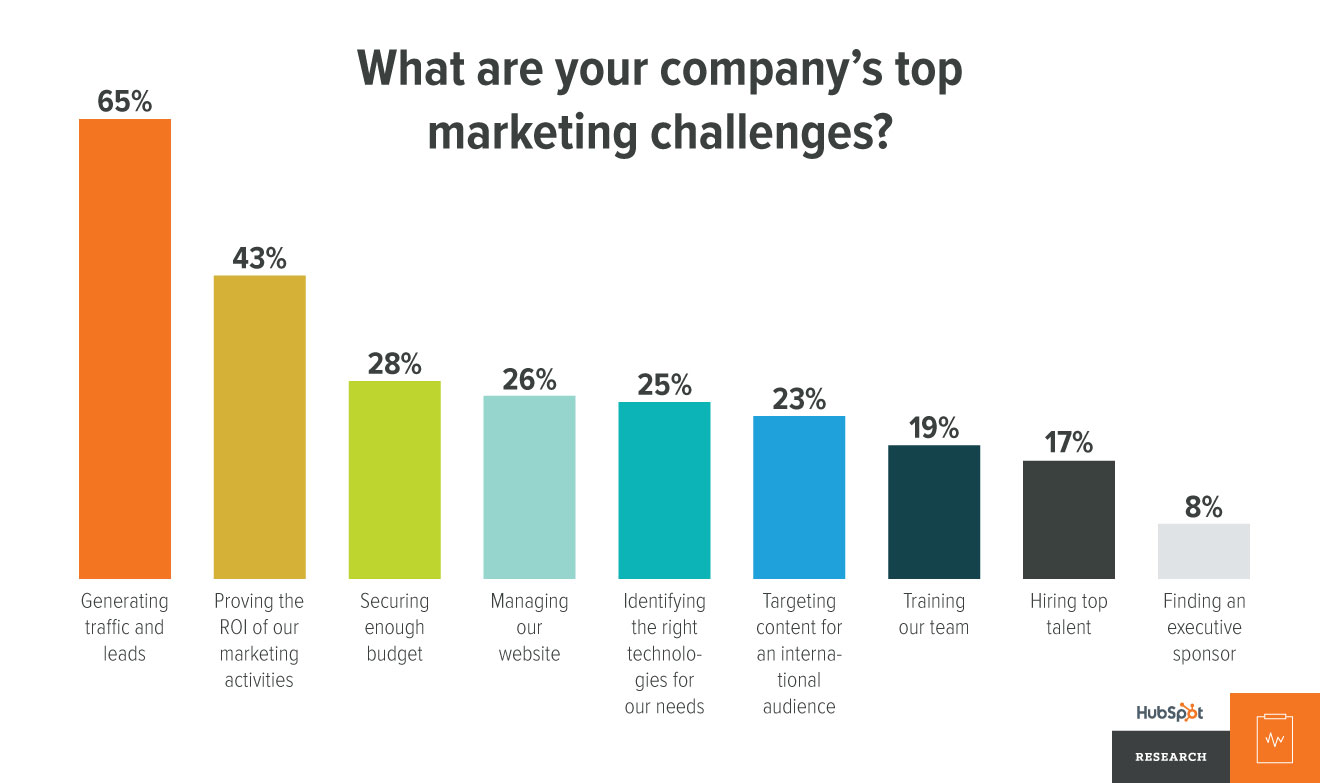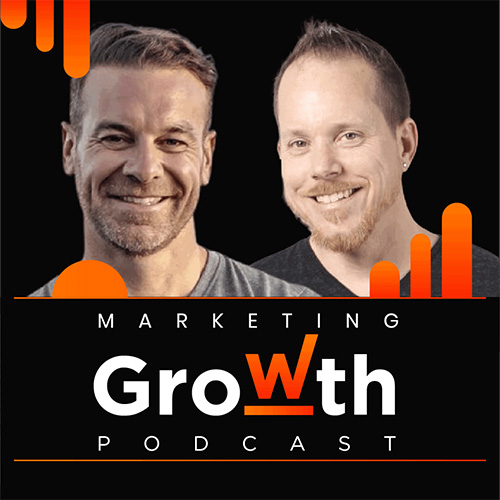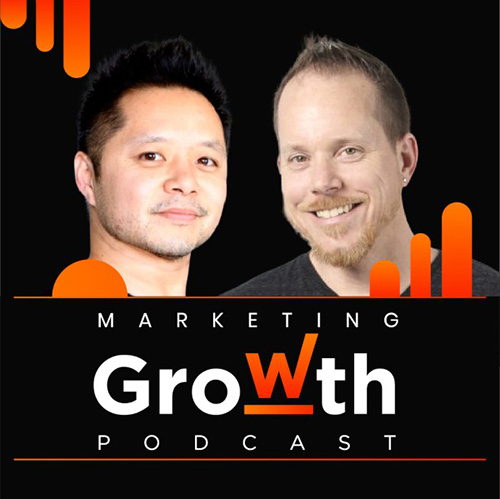Whether you are a business or an individual, you can use books as a content marketing strategy. You can write a book or an ebook that explains complex concepts in your niche. Also, you can write an ebook to educate your audience about topics that matter to them.
Books offer proof that you have authority in your niche. When you tackle issues or concepts in the market, you build your reputation as a thought leader. This reputation, in turn, can boost your brand trust and can lead to high conversion rates.
I’m a reader myself!
Yep, I’m not kidding!
I also plan to write my own book someday. I have been procrastinating on that for quite some time now. Until I finish my book, you can check out audiobooks here.
I hope today’s conversation will help me get my butt in gear.
I have with me, David Meerman Scott, an online marketing strategist and an author of 11 books. Some of his best selling books have been translated into 30 languages.
In this episode, he tells us the advantages of writing books and how they can help you market your brand.
So, let’s find out why you should publish books and ebooks.
Why Should You Publish a Book?
Long-form content is becoming popular. For example, today's audience seems to prefer blog content that consists of at least 2000 words.
But, what makes long-form content popular? For starters, it gives in-depth insights into the topic to the audience.
Books are a type of long-form content. It gives you a chance to solve your audience’s problems from start to finish as you can go into more detail about it. You can write a 75,000-word ebook about an issue that interests your target audience.
That's what David Meerman Scott, a marketing strategist, did. One of his books, titled “Marketing Lessons from the Grateful Dead,” talks about social media and inbound marketing strategies that work. What's interesting is that in the book, the authors draw marketing tactics from the iconic rock band, the Grateful Dead.
Just like blog posts, books and ebooks have the power to position you as an authority in your niche. But that’s not all. Writing books has several other advantages. These include:
Generate Leads
A recent report revealed that 65% of marketers and businesses cite lead generation as their biggest challenge. Yet, lead generation is the first step towards building a relationship with a potential customer. Businesses also have to consider lead nurturing so that they can turn them into customers.
Image via HubSpot
Ebooks are an excellent tactic for lead generation. When you publish an ebook, you can connect with an audience of like-minded people. Moreover, the quality and originality of the content communicate that your brand is an authority in the niche. This can nudge people to become leads or to purchase from you.
Position Yourself as a Thought Leader
When you regularly create content on issues that are relevant to your niche, you build your reputation as a thought leader.
David’s book, “The New Rules of Marketing and PR,” has been translated into 30 languages. Such an achievement builds his reputation as an expert in marketing.
You, too, can achieve the same by writing books that can solve problems faced by your customers.
Offers Valuable Information to Your Audience
Customers appreciate a brand that educates them about an issue that matters to them. When you prioritize offering valuable information, then you do not have to worry about marketing your brand.
David puts it this way:
“Marketing on the web is not about advertising, it's about publishing quality content.”
You should write an ebook that delivers useful information at the exact moment that your audience needs it. When you do that, you gain a competitive advantage over your competitors.
Now that you understand more about why books are important, let’s take a look at how you can write one.
How to Create Content for Your Book
David has several tips to share when it comes to creating content for a book. The first step is:
Establish Your Goals
What are your goals for writing the book? Your goal may be to inform the readers about an issue in the market. However, don't assume that the topic is engaging. You should research your audience and their needs first. Is that a topic that they would want to read about?
What does David have to say about it?
David states that you should look for “A pattern in the universe that nobody else sees.” Once you find that pattern, plan out each chapter of the book to determine what you will talk about in it.
The Title
The title of your book is perhaps the most important piece of writing you’ll do when you’re writing it. A catchy title is the first step towards convincing your audience to get your book.
The secret to coming up with an attractive title is to appeal to your audience's craving for knowledge.
What’s more?
The title must be able to convey what the reader can expect from the book. The first question you need to ask yourself is, what knowledge do you want to share with the audience? Once you determine that, look for a creative way to communicate the purpose of the book in a crisp manner.
Your title should be short and straightforward. You can use humor in the title as well.
For instance, David is a fan of rock. He likes looking at music metaphors when coming up with a book title. When you check out the titles of his books, you will see how he uses music metaphors to communicate the purpose of the book.
For example, his latest book is called Fanocracy.
The word “Fanocracy” does not exist in the dictionary. However, this word is coined from a combination of “fan” and “cracy.” The suffix “cracy” means power. Thus, the title of the book clearly conveys the book’s intent – the power of fans.
Split it Up
Writing a book can seem like a daunting task as it’s exceptionally long. However, David has a handy tip for you. He asks you to consider breaking down your book into short sections and consider each of them like a blog post.
So, for instance, if you aim to write a 75,000-word book, you can simplify it by considering it to be 75 blog posts of 1000 words each. This can make it easier for you to write it.
Original Content
The most important part of writing a book is your content. You should come up with valuable content that’s original and also engaging for the reader.
Set aside time to brainstorm. This practice will play a major role in the success of your content. You can brainstorm while driving your car. Alternatively, you can carve out at least 30 minutes for brainstorming.
Be sure to write down every idea that comes to your mind. The ideas may not be groundbreaking when you're writing them down. However, when you set time aside to review your notes, you may be able to turn it into something interesting.
You should also consider partnering with another expert in the niche. It is easy to get overwhelmed when you are writing solo.
For the book, “Fanocracy,” David partnered with his daughter, Reiko Scott. Unlike David, Reiko is a Harry Potter fan and has a neuroscience degree. The different creative processes involved in writing the book make Fanocracy a unique read.
Ready to Get Started?
Books are a great content marketing strategy. If done right, they can help with lead generation. Also, books can help you build your reputation as a thought leader.
But coming up with a book is a challenging task. Zeroing in on a title alone can take months. Some of the techniques that can help you include brainstorming and partnering up with another creative mind.
Have you tried writing a book before? Share your experiences with us in the comments.

Shane Barker is a digital marketing consultant who specializes in influencer marketing, product launches, sales funnels, targeted traffic, and website conversions. He has consulted with Fortune 500 companies, influencers with digital products, and a number of A-List celebrities.








